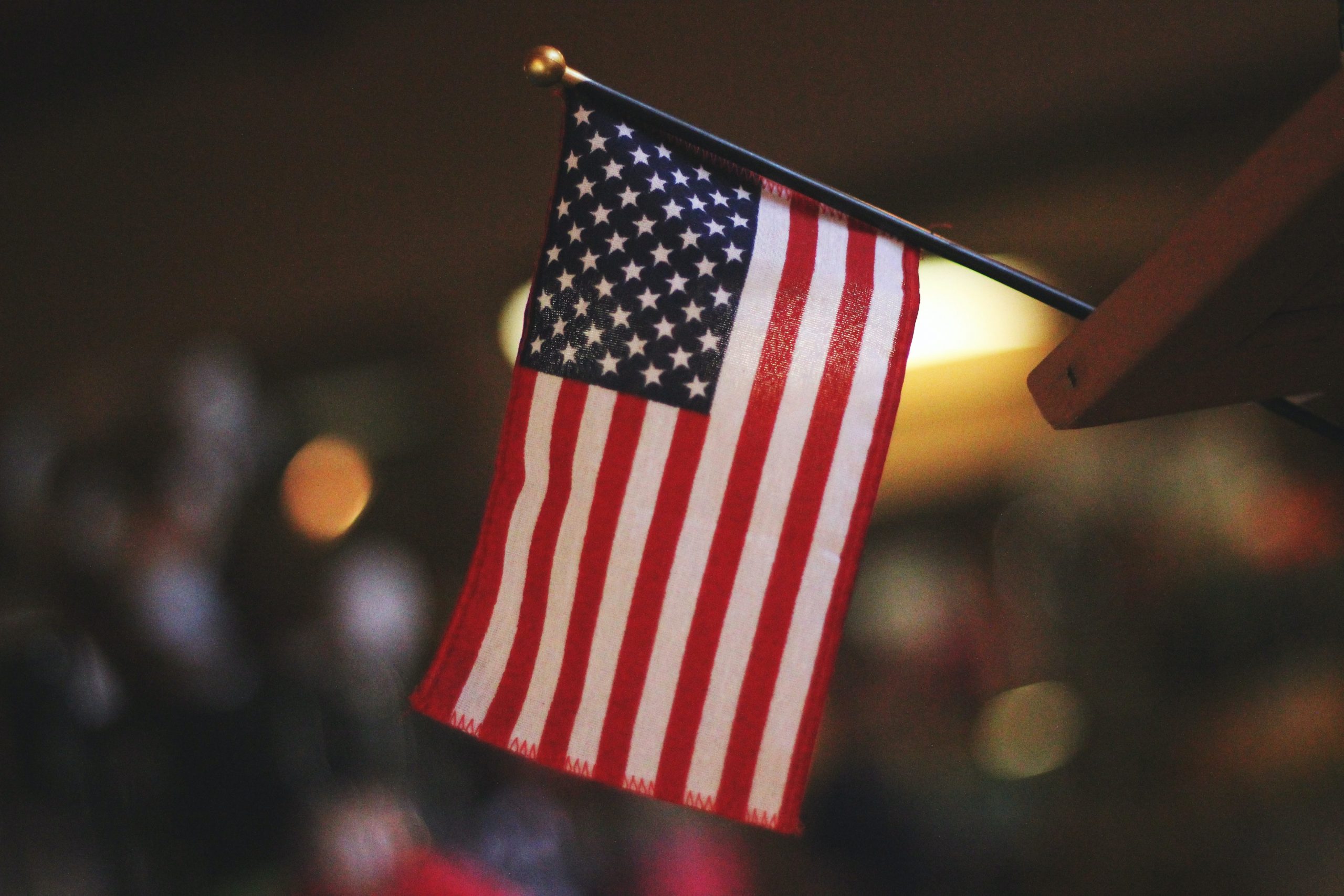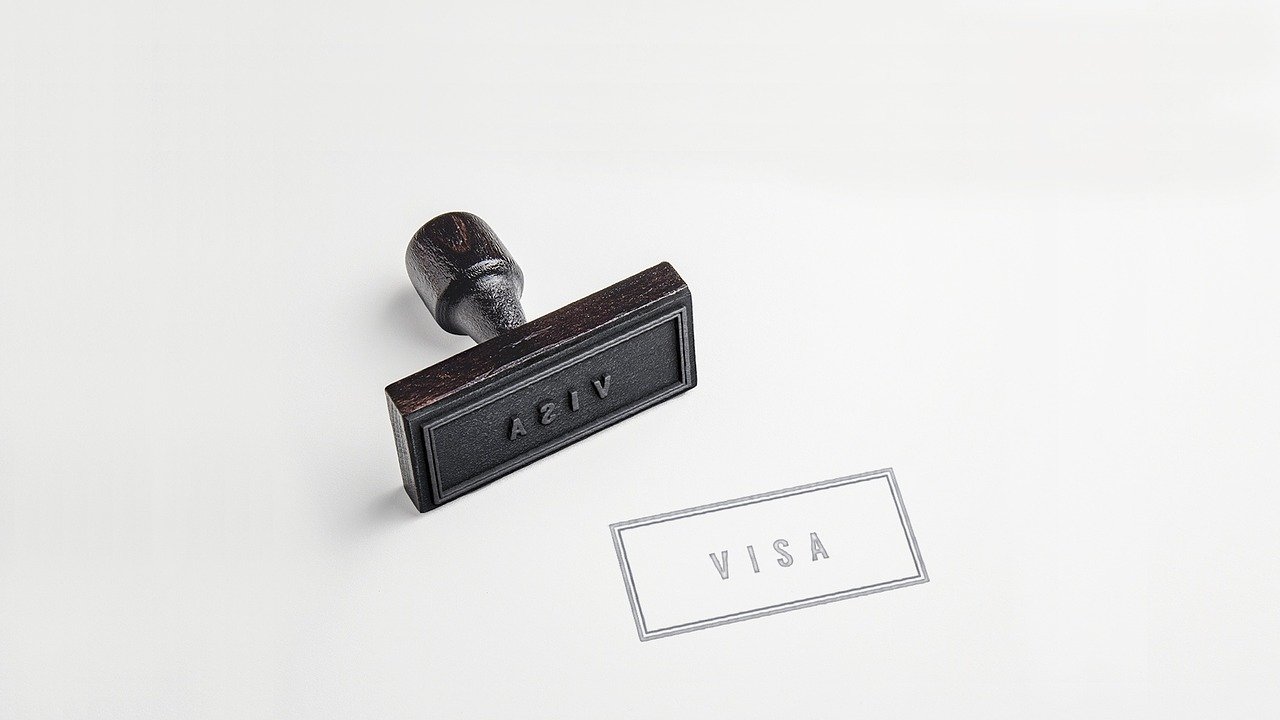Welcome back to the start of a brand-new week! We are excited to announce brand new developments in the world of immigration specifically for U visa victims of crimes.
On June 14, 2021, the United States Citizenship, and Immigration Services (USCIS) issued a new policy alert, informing U visa applicants that the agency will now be exercising its discretion to issue four year Employment Authorization Documents (EADs) (also known as work permits), as well as four-year “deferred action” status to certain U visa applicants, including those who have filed new U visa petitions, and those whose U visa petitions remain pending with USCIS, based on a new discretionary process called a “bona fide determination.”
This is a groundbreaking new development for U visa applicants because victims of crime will now be eligible to receive an Employment Authorization Document (EAD), as well as “deferred action” status, while their U visa applications remain pending with USCIS. With this new policy change, U visa applicants will no longer need to wait 5+ years for their U visa approval, in order to become eligible for an Employment Authorization Document (EAD), and be protected from deportation.
Previously, only principal U visa applicants whose petitions were approved by USCIS, were authorized to work based on their approved status with immigration. Only those with an approved Petition for U Nonimmigrant Status (Form I-918) would automatically be issued an Employment Authorization Document (EAD). All other applicants with pending petitions were forced to wait in the visa queue for a visa to become available due to the mandatory U visa cap. This process on average has taken up to 5 years.
 Visa Lawyer Blog
Visa Lawyer Blog











